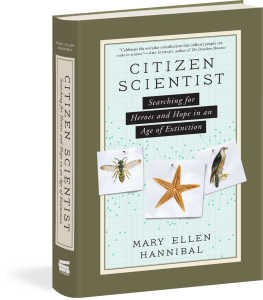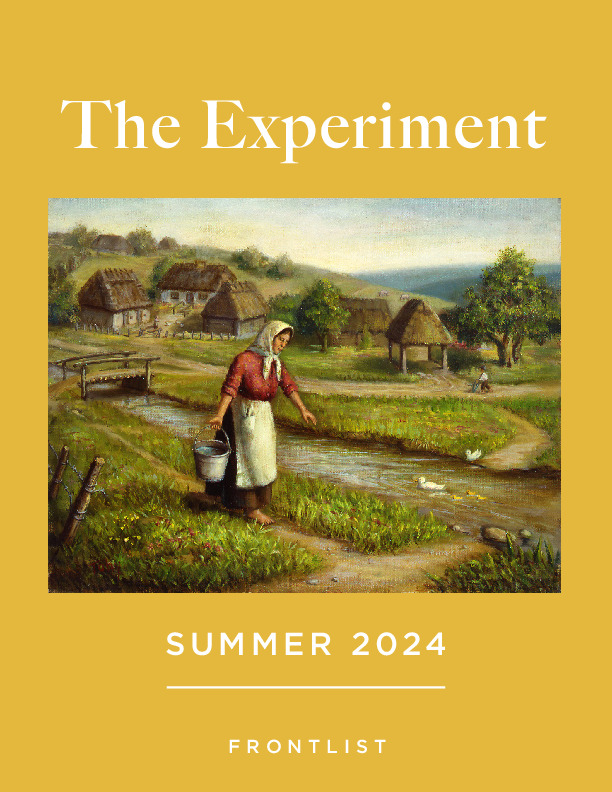We’ve made it to mid-January and many of us are still holding strong on our New Year’s Resolutions. We’ve vowed to work out more, eat healthier, spend more time with our families, shop less, save more. Our resolutions tend to turn inward, to what we can improve about ourselves and in our own lives. The 2017 Presidential Inauguration is in approximately one week: Donald Trump’s election to the presidency suggests an insularity in our country—one that our planet cannot afford.
Many of the Trump administration’s appointments have openly doubted that climate change is caused by humans. Perhaps most notably among them is Trump’s pick for administrator of the Environmental Protection Agency, Scott Pruitt. Our administrators are not going to fight for the health and safety of our planet. This year, we need to include the planet in our resolutions, for all of our sakes.

Citizen Science is one of the most effective ways for individuals to contribute to environmental science. In her book, Citizen Scientist: Searching for Heroes and Hope in an Age of Extinction, Mary Ellen Hannibal chronicles her adventures in becoming a citizen scientist. She wades into tide pools, follows hawks, and scours mountains to collect data on threatened species, she discovers the power of a heroic cast of volunteers—and the makings of what may be our last, best hope in slowing an unprecedented mass extinction.
 Mary Ellen Hannibal was kind enough to offer some thoughts on citizen science, in light of the upcoming administration. Read below for information on the power of individuals to help our planet and check out her book, Citizen Scientist, for more.
Mary Ellen Hannibal was kind enough to offer some thoughts on citizen science, in light of the upcoming administration. Read below for information on the power of individuals to help our planet and check out her book, Citizen Scientist, for more.
The good news is that on January 6 President Obama signed the American Innovation and Competitiveness Act, which promotes crowdsourcing and citizen science projects in the federal government. Here’s a quote from Title IV, Section 402: “It is the sense of Congress that—“…“(2) crowdsourcing and citizen science projects have a number of additional unique benefits, including accelerating scientific research, increasing cost effectiveness to maximize the return on taxpayer dollars, addressing societal needs, providing hands-on learning in STEM, and connecting members of the public directly to Federal science agency missions and to each other.” (The full legislation is here.)
Citizen science is not “free”—it costs money to train and manage volunteers, but one of the reasons Obama is supporting it is that it vastly helps the federal government get its job done. A Republican Congress bent on reducing government spending may just take a shine to citizen science. There is the possibility of moves to limit citizen science that might be seen as critical to untrammeled big business — say monitoring efforts that document industrial and chemical waste byproducts. Sooner or later we’re going to have those conflicts.
Today’s environmental problems are global, and only by crowdsourcing can we get a handle on the scope of issues. Citizen science is already in use by virtually all federal agencies and it is unlikely that any kind of unilateral move against it could stop it now. Citizen science is also in use by nonprofits, universities, and individuals, so again, pretty hard to squash all of that. Citizen science is fundamentally a networking tool and though pencils and clipboards still work to get its job done, it is mostly accomplished today via the internet and smartphones. So its efficacy is instant and scalable.
Citizen science is not going to save our democracy or our environment — we have to do that. The present threat I hope shakes us out of our complacency that someone else is going to take care of this for us. The great news is that more than ever, we have the tools to do what needs to be done.




